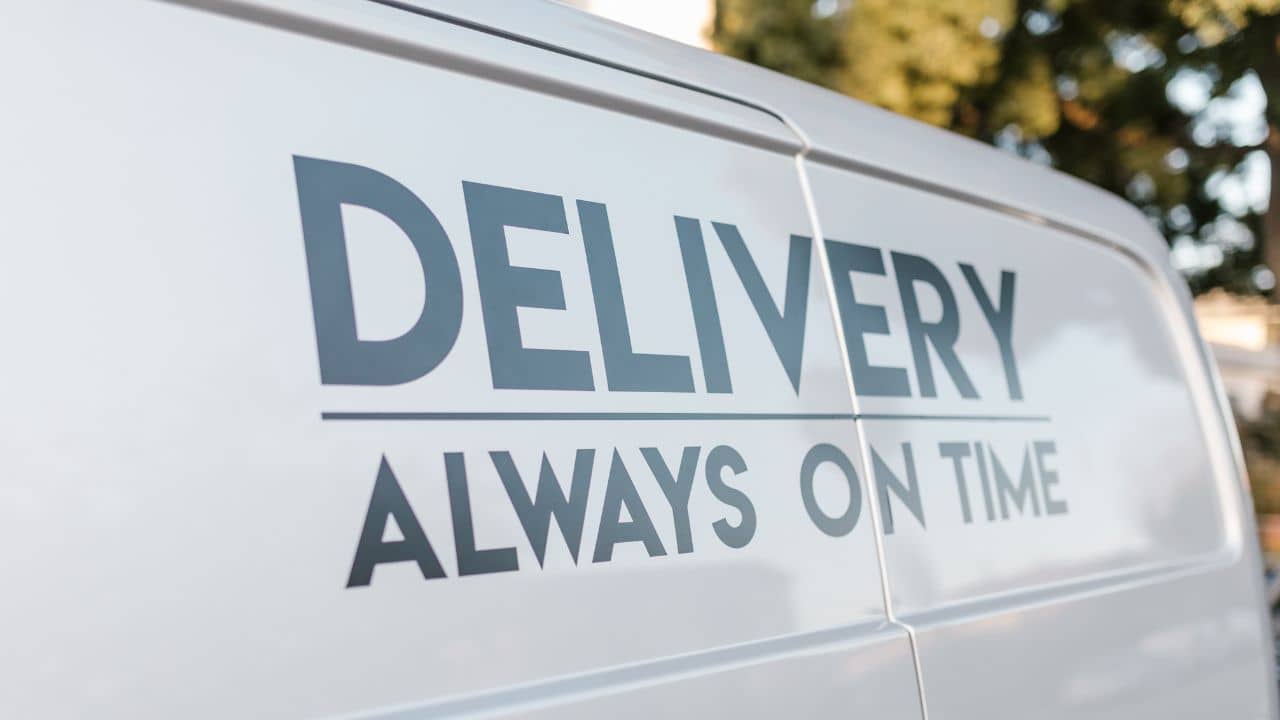
Selling online? Do You Know What Your Customers Value the Most?
5-minute read
COVID-19 has fundamentally changed the way businesses operate, most notably in online trading.
NZ Couriers published Ecommerce Insights: Merchant 2023 Report that provides insight into what e-commerce means for customers as the modern-day business has transformed over the past decade, and nearly half of all Kiwi businesses reporting an increase in online trading since the start of the pandemic.
More customers are there too, with 88% of New Zealanders now shopping online.
“While some merchants expected the online shift to be temporary – a necessity in a world of lockdown and social distancing – the shift was well underway before the start of the pandemic. What we’ve witnessed is an acceleration of an existing trend, and one that is unlikely to turn back in other direction,” says Robyn Levy, NZ Couriers Head of Marketing.
“It’s critical that Kiwi Businesses adapt and change with the times, and they need to know where to focus their investment for growth. This includes adapting to the latest trends, but also being agile, ready to accommodate customer needs and open to new ideas in a post-pandemic world.”
According to the report, for online shoppers, the delivery experience is a direct reflection on the retailer, so choosing trusted logistics and delivery partners is vitally important to attracting and retaining customers.
Online Trading is Here to Stay
The survey found that half of all Kiwi businesses have increased online trading since the onset of COVID-19, driving a massive surge in the number of parcels sent.
However, Retail NZ reported that non-store trading had grown 133% from 2010-2019, showing that online shopping was important to Kiwi consumers even before the pandemic. This isn’t a passing trend.

The increase in online trading has seen merchants in New Zealand adopt new digital strategies to attract new business.
However, despite more businesses moving into the online world, the most common business priority is the same as it’s always been – investing in a good customer experience.
While the online customer experience is very different to face-to-face commerce that many Kiwi merchants are used to, online platforms offer a huge opportunity to interact with customers and attract new ones.
Delivery Experience
Businesses see the delivery experience as a key part of their overall customer experience, and customers agree.
The things merchants value most in a delivery company reflect what New Zealand consumers want: to have parcels delivered as expected, on time and undamaged.
For small businesses, pricing and on-time delivery are especially crucial.
Having a range of premium delivery options is important because businesses know customers are willing to pay for them. In particular, customers want to be able to get same-day delivery, secure delivery of high-value goods and oversized/heavy freight delivery.
“Customer experience is very important to new entry businesses because to maintain customers and continue to grow is very hard…If I know the parcel is going to arrive, it’s less stress from the customer perspective”, says Stella Wang, KMart Online Marketing Manager.
Merchants across New Zealand outsource delivery, but the delivery experience can make or break a business’s reputation.
Consumers have been understanding of delivery delays throughout the pandemic, but as we move beyond lockdowns and restrictions, they’re much less forgiving.
“Unless an eCommerce business enjoys a virtual monopoly, to remain competitive, it is essential they can trust their freight partners to meet customer delivery expectation”, says Rob Levy, NZ Couriers Head of Marketing.

Social Media
The online shift has seen many New Zealand businesses turn to social media to increase brand awareness and sell products directly through social platforms.
Globally, 34% of businesses said the increased competition was their biggest external challenge to social media advertising. With more and more brands moving to social platforms, it is becoming increasingly difficult to stand out.
“Ideally, businesses can find a way to combine data and human creativity to generate interesting ads. This is the future of social media marketing, and it will give businesses the competitive advantage they need to be heard in a noisy market,” says Zane Lomas, NZ Couriers Digital & Product Marketing Manager.
Businesses are investing more in digital advertising and social media, this is where the eCommerce customers are.
The Recent Boom
“E-commerce is showing no signs of slowing down and Kiwi merchants are increasingly investing in ways to attract and retain customers online. Competition for the online customer is heating up, and the cutomer experience is a critical factor in winning new customers and enticing existing customers to return.
“For Kiwi customers, the delivery experience is part of the overall shopping experience. A bad delivery experience can sour their view of your brand, so it’s vital that expectations around delivery are met.
“Communications, security, price, returns policies and delivery options are all important factod in the delivery experience. But most of all, customers want their packages to arrive when they say they will, in the condition they expect them to be in. Reliability is the key.
“Knowing this, merchants that sell online not only need to invest in a semless shopping experience for customers, but they need to have a delivery partner they can rely on. Their own reputation is entrusted to the company they use to deliver their items, which represents a significant risk, but also a significant opportunity to stand out for all the right reasons,” says Mr Levy.
Sustainability
Only 23% of Kiwi merchants believe customers will pay more for CO2 emissions offsets and only 35% believe they’ll pay more for environmentally friendly packaging.
With these numbers, it’s not surprising that most businesses don’t consider sustainability to be an important factor when choosing a delivery partner.
According to data from the Shopify 2021 report on The Future of eCommerce, 72% of consumers want brands to use sustainable packaging, but consumers don’t want to pay for it. Only 18% say they’re willing to pay extra for sustainable service offerings.
While Kiwi businesses clearly understand what their customers are willing to pay more for, incorporating sustainable practices as a standard requirement, without directly charging a premium, can be beneficial for encouraging customer loyalty.
Sustainability is gaining traction around the world and may be more important to Kiwi consumers than merchants realise.

Predictions for the Next 12 Months
Greg Harford, CEO of Retail NZ, says that businesses of all sizes need to be prepared as we are in a significant inflationary period. The costs of running a business and obtaining stock are going up, and there is no end in sight.
The impact of inflation will be felt across the economy, with businesses and consumers feeling the squeeze. Retail NZ predicts inflation will remain a key concern for businesses in the next 12 months as they try to cope with rising costs.
Small businesses will continue to face difficulties competing with their larger counterparts with more resources. Small businesses must establish solid brand experiences and create loyalty that allows them to stand out from the competition.
The businesses that adapt quickly and change are the ones that will thrive in the coming year.
Retail NZ predicts that the next 12 months will be a pivotal time for kiwi businesses to invest in e-commerce and digital marketing as the data is indisputable: businesses prioritising the customer experience have thrived.
Source: Ecommerce Insights: Merchant 2023 Report by New Zealand Couriers. The full report can be found here.
P.S. Easy Freight Ltd helps New Zealand importers & exporters to save money on international freight and reduce mistakes by guiding how to comply with Customs and biosecurity rules.
➔ Contact us now to learn how we can assist you.
